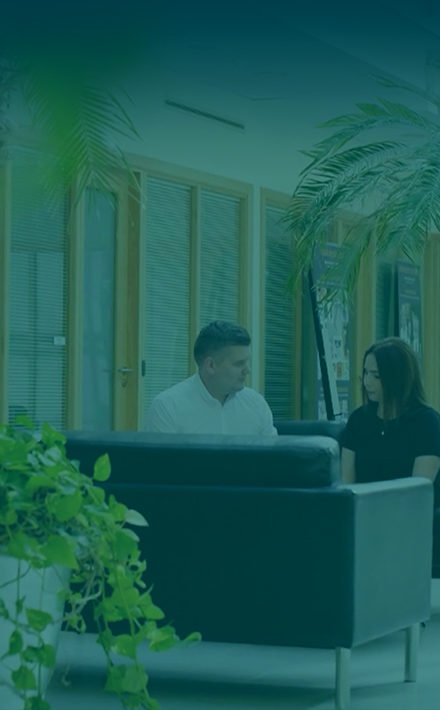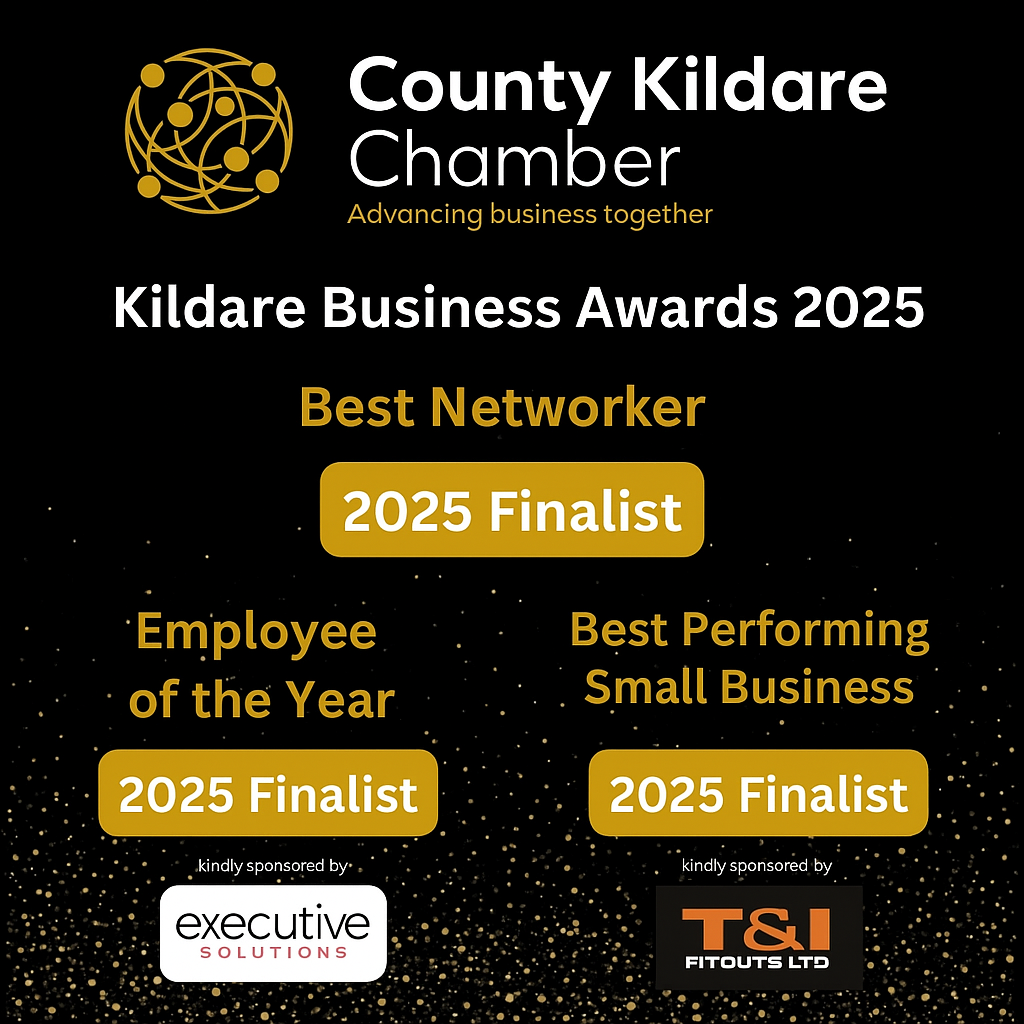
Why Strong Interviews Start With Curiosity — Not Interrogation
By Stephen Farrell-O’Callaghan & Sarah Mortimer.
In every hiring process, there’s a moment where you get a real glimpse of the person behind the CV. It rarely comes from rapid-fire questions or a rigid script. It comes from curiosity — the kind that creates space for candidates to speak openly, reflect honestly and show you how they truly think.
When we interview at Clark, we begin by inviting candidates to share their genuine story. Not the rehearsed version — the real one. When you listen deeply, certain patterns reveal themselves: how they respond under pressure, how they work with others, how they learn, and how they bounce back. These moments are far more predictive of future performance than any list of achievements.
Below is the streamlined, mindset-first approach we use — one that consistently elevates hiring decisions.
1. Allow Candidates to Reveal Their Natural Defaults
The strongest insights often come from instinctive, unrehearsed responses. We use questions that encourage reflection rather than performance, such as:
-
“What recent decision would you approach differently today — and why?”
-
“When you feel pressure rising, what’s the first action you tend to take?”
We’re listening for honesty, ownership, and self-awareness — qualities that often separate good candidates from great ones.
2. Explore How They Operate When the Path Isn’t Clear
Mindset becomes visible fastest when structure is missing.
A simple scenario can reveal everything:
“You’ve just joined a project and nothing is documented. What do you do first?”
Their response will show whether they freeze, seek clarity, prioritise effectively, or move proactively toward solutions.
3. Pay Attention to How They Talk About Others
A person’s values surface most clearly when they describe conflict or frustration.
We ask:
“Tell us about a disagreement you handled well — what made it work?”
Strong candidates focus on behaviours and outcomes, not blame or personal criticism. It shows maturity, emotional intelligence and a collaborative mindset.
4. Understand Their Appetite for Learning
A growth mindset is one of the strongest predictors of long-term success.
We often ask:
“What skill are you actively developing right now, and why is it important to you?”
This reveals whether learning is self-driven, meaningful, and connected to their future goals — or simply a box-ticking exercise.
5. Introduce a Moment of Gentle Challenge
One subtle way to observe adaptability is by offering light, real-time feedback.
For example:
“Would you mind taking me through that again with a little more structure?”
Their reaction — not the revised answer — is the real insight. Do they adjust quickly? Become defensive? Freeze? That single moment often tells you more than any prepared example.
A Question Every Organisation Should Consider
If mindset is the strongest predictor of performance, why is the mindset interview so often the last step — or missing entirely?
It’s a gap we see repeatedly — and one that costs organisations the chance to understand how someone will truly show up in the role.
A Final Reminder
At Clark, we support clients by providing independent, objective interview experts who bring structure, neutrality and expertise to your interview process. Sometimes the most valuable perspective is the one from outside your organisation — free from internal bias and assumptions.
A mindset-first approach doesn’t just make interviews better.
It makes hiring decisions smarter.
For more info our our services and offerings call us on 045 881888, email hello@clark.ie or visit www.clark.ie











